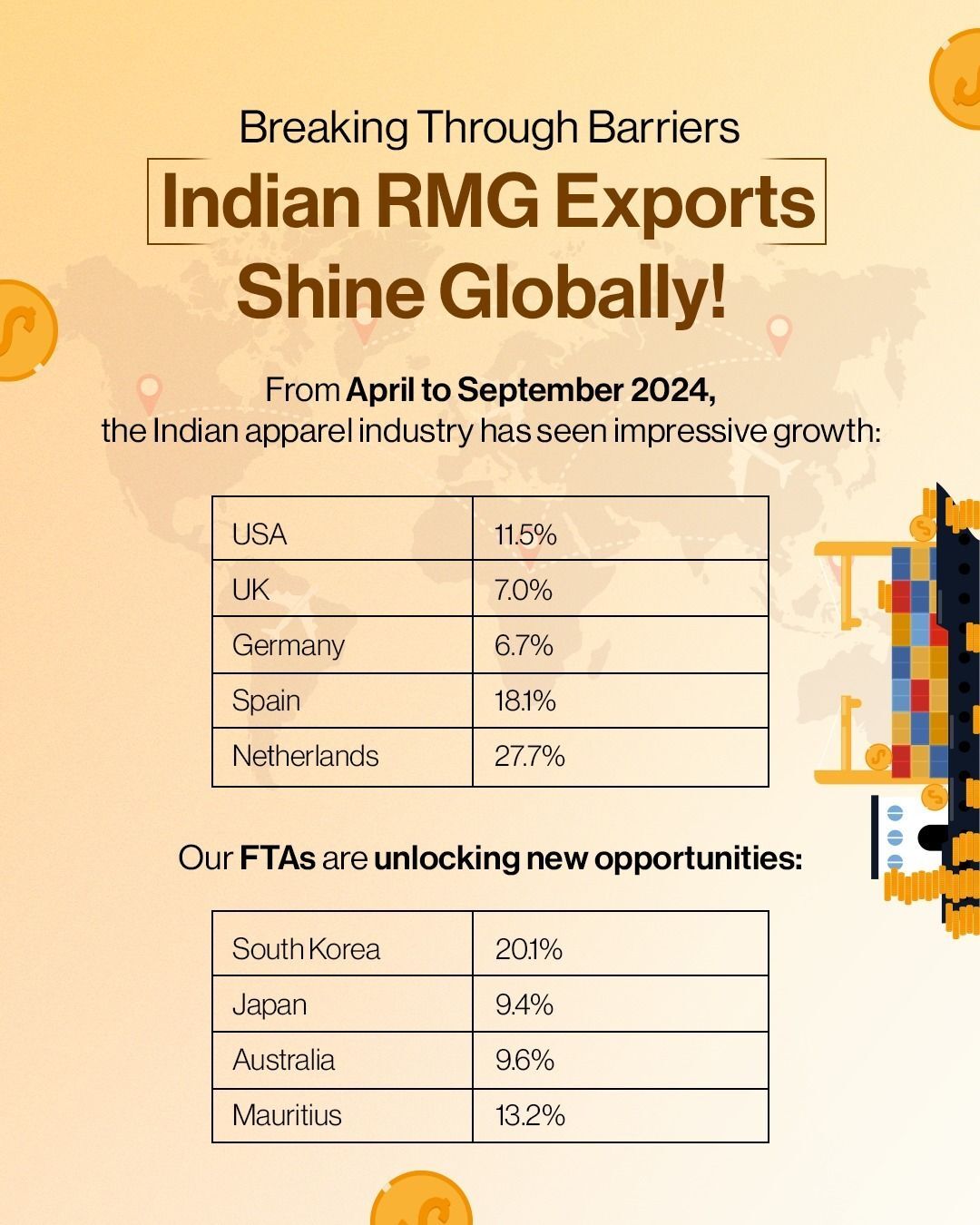According to a new research report by Fung Global Retail and Technology, Zara which was once a fast-fashion pioneer that brought new styles to its shelves quickly, has been knocked off its perch by online brands that are able to design a product and have it ready for sale in as little as a week.
Online stores ASOS, Boohoo, and Misguided, which specialize in fashionable and affordable clothing for young adults, are using social media to keep on top of trends. They've streamlined their supply chain and moved production closer to key markets, enabling them to speed up the design and manufacturing process.
According to the report "Fast fashion is becoming ultrafast fashion," and this issue for chains such as Zara and H&M, where their success was built around this unique business model. These new online stores are also constantly refreshing their products to drive customer frequency.
Boohoo, which launched in 2006 in the UK, grew sales by 51 per cent in the year ending in February 2017. ASOS, which launched in 2000, grew sales by 26 per cent in 2016 compared to the year before. Missguided, which launched in 2009, increased sales by 75 per cent in the fiscal year ending on March 31, 2017.
The report also says that they have an "agile supply chain," Initial designs are made in small batches, and if they're popular, more are rolled out. This strategy allows them to match supply with changing demand.
Flexibility in the supply chain is key. In its most recent quarterly results, H&M announced a 3 per cent drop in net profits, and CEO Karl-Johan Persson commented that he would be investing significantly in making the supply chain faster and more adaptable to keep up with the pace of changing demands.
Lastly, these online retailers use Zara's tactic of keeping production close to the headquarters and in key customer markets. According to the report, Inditex, the parent company of Zara, sources 60 per cent of its products in Europe. Boohoo similarly sources over 50 per cent of its products from the UK.












